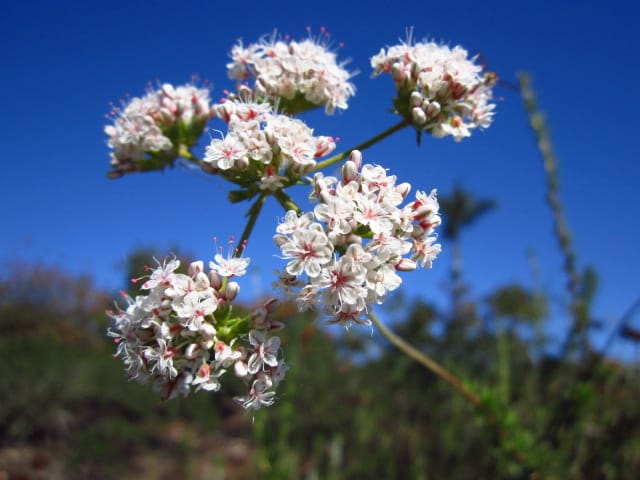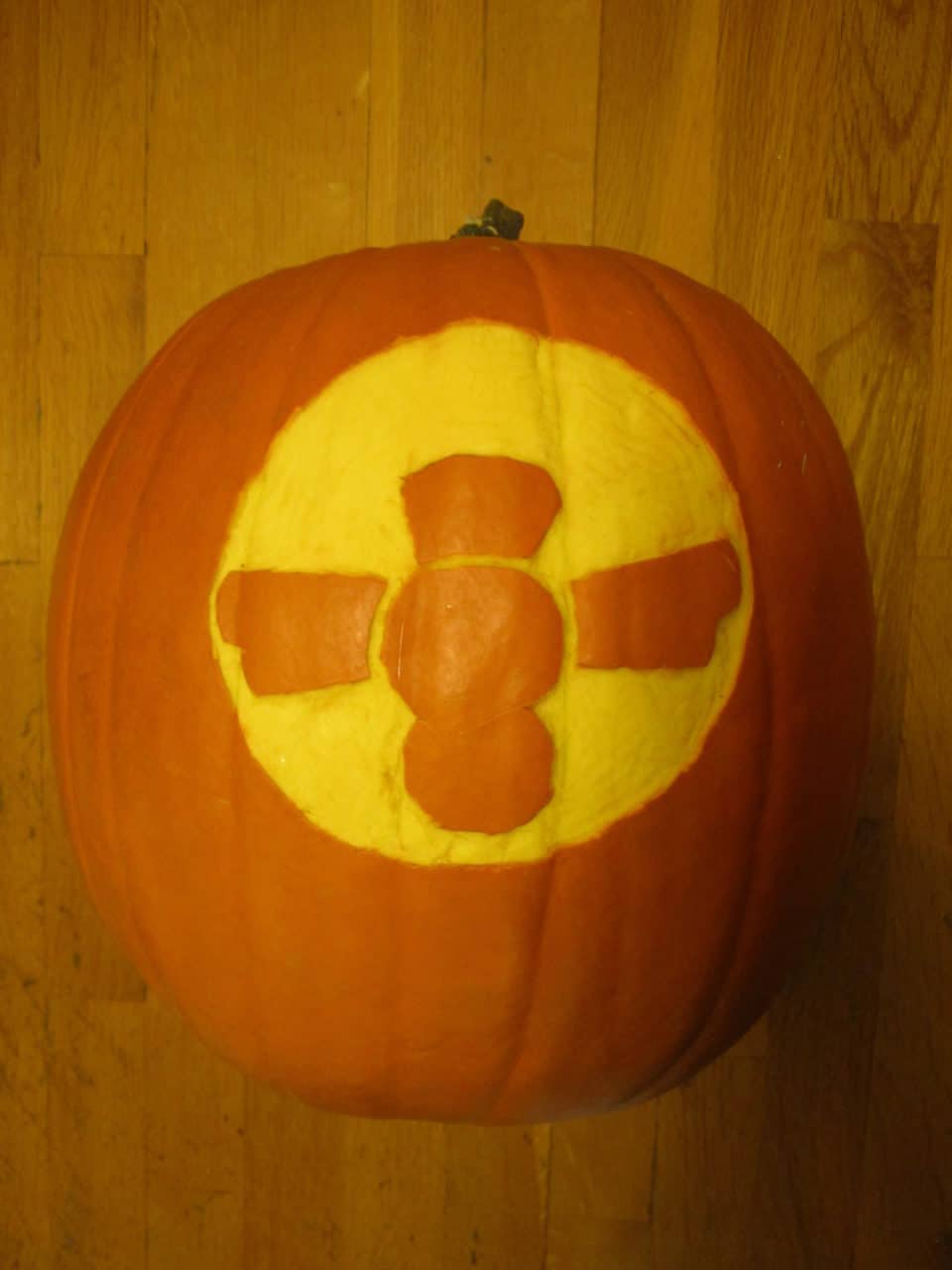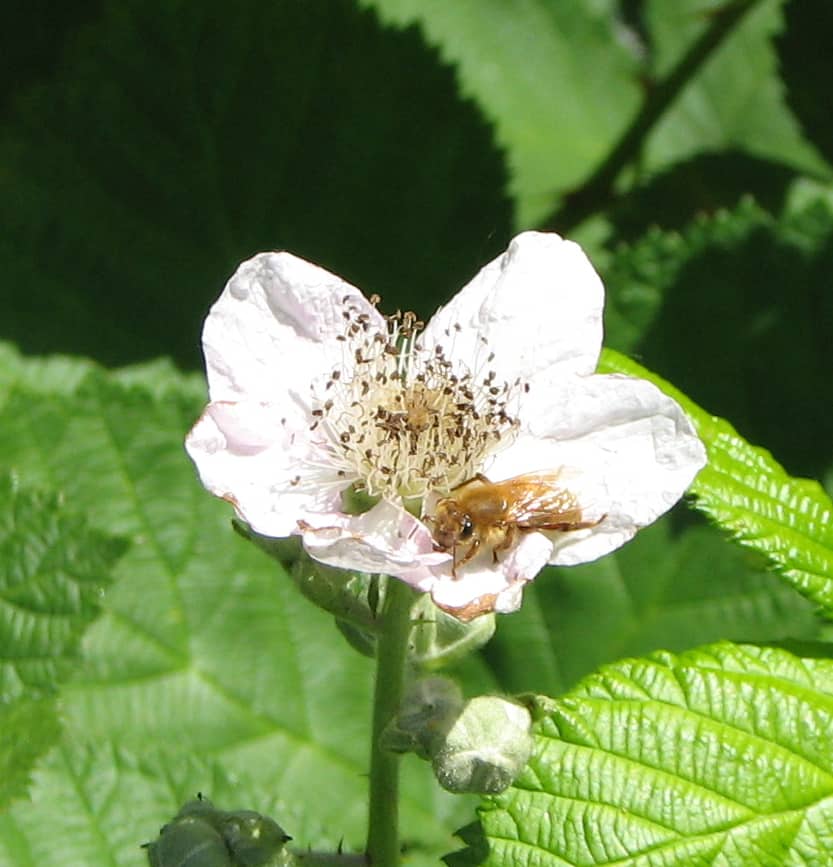APHIS US Honey Bee Pest and Disease Survey 2011/2012 Survey Report
The APHIS 2011/2012 Honey Bee Pest and Disease Survey report This report details the result of a year long, 35 state honey bee survey that, as a primary goal, looked for invasive species such as the parasitic mite, Tropilaelaps spp., the Asian honey bee, A. cerana and Slow Paralysis virus (SPV), not known to be […]




